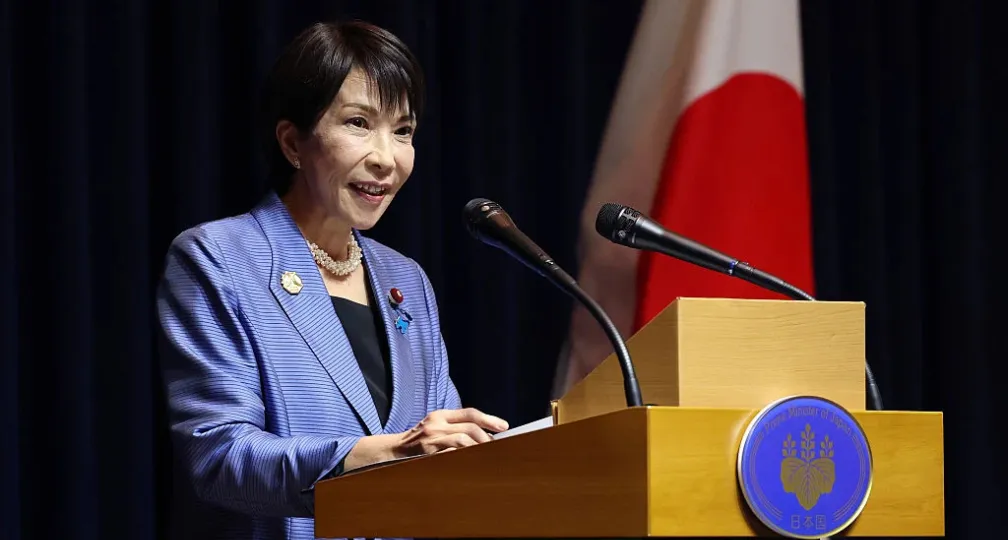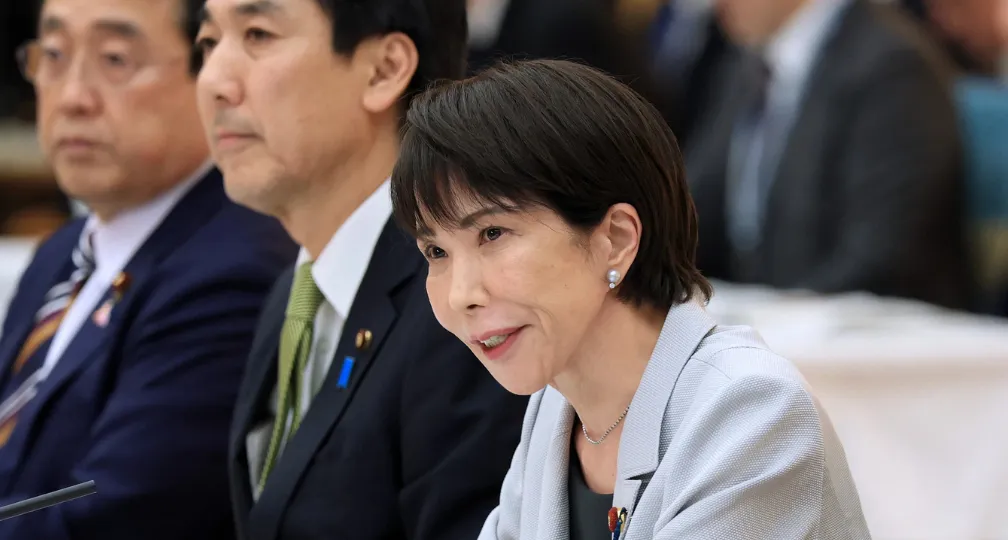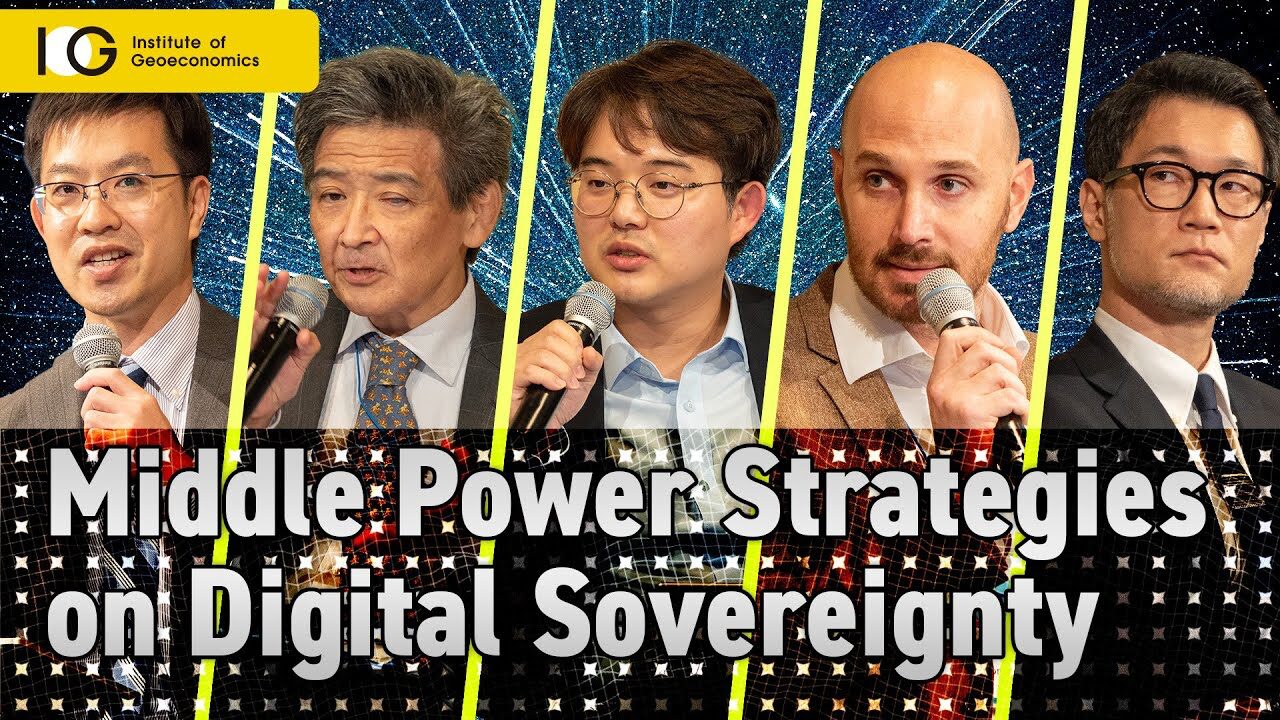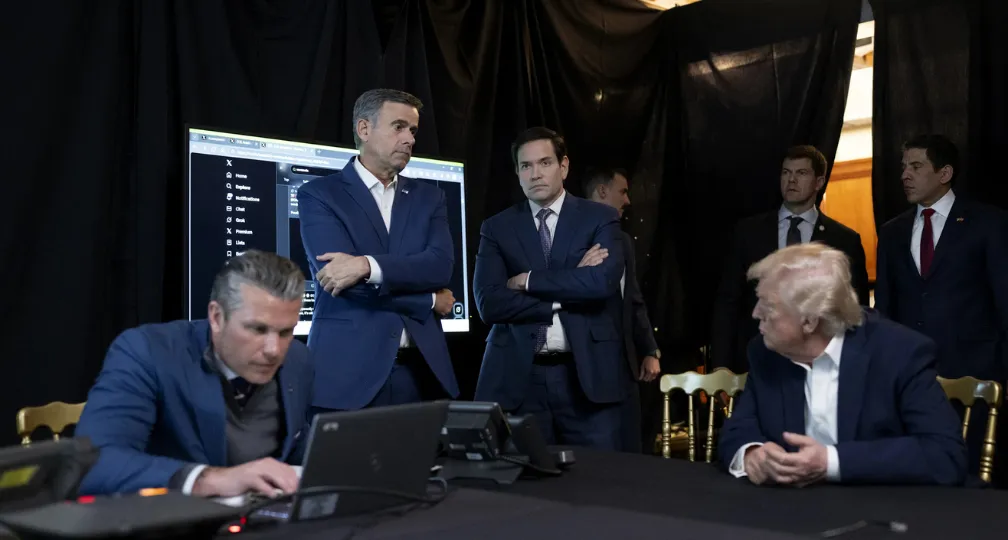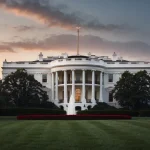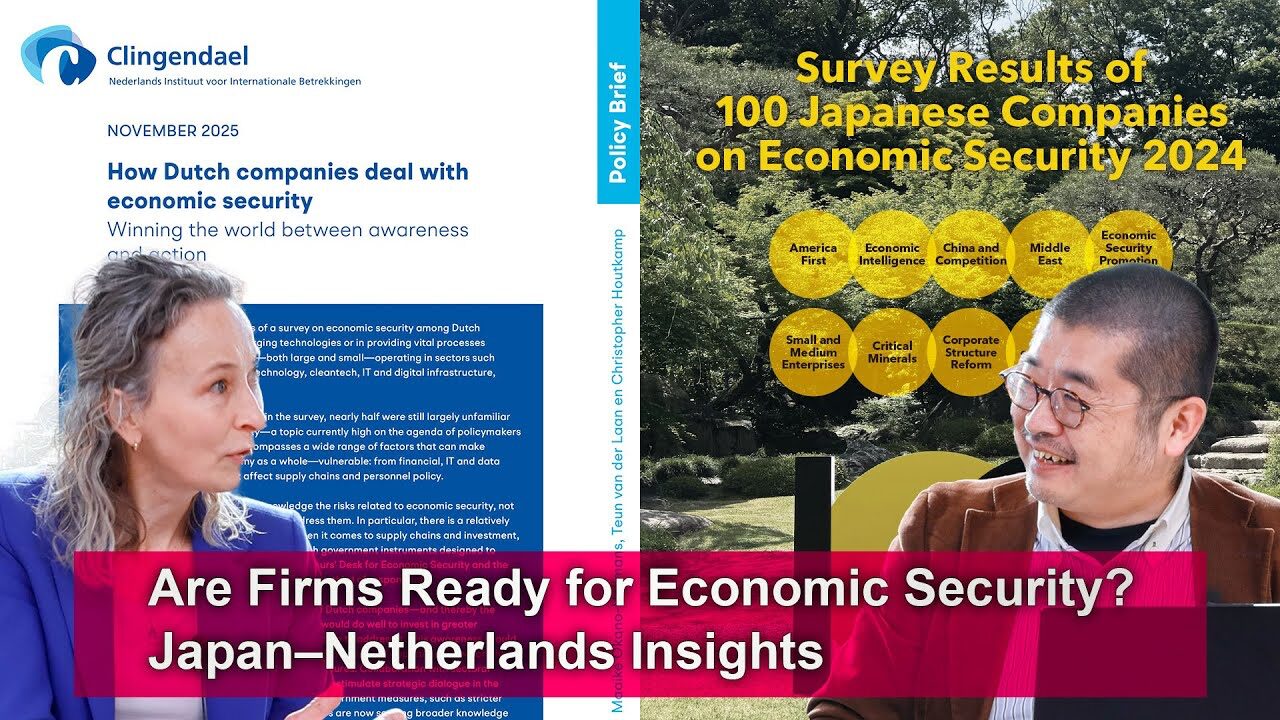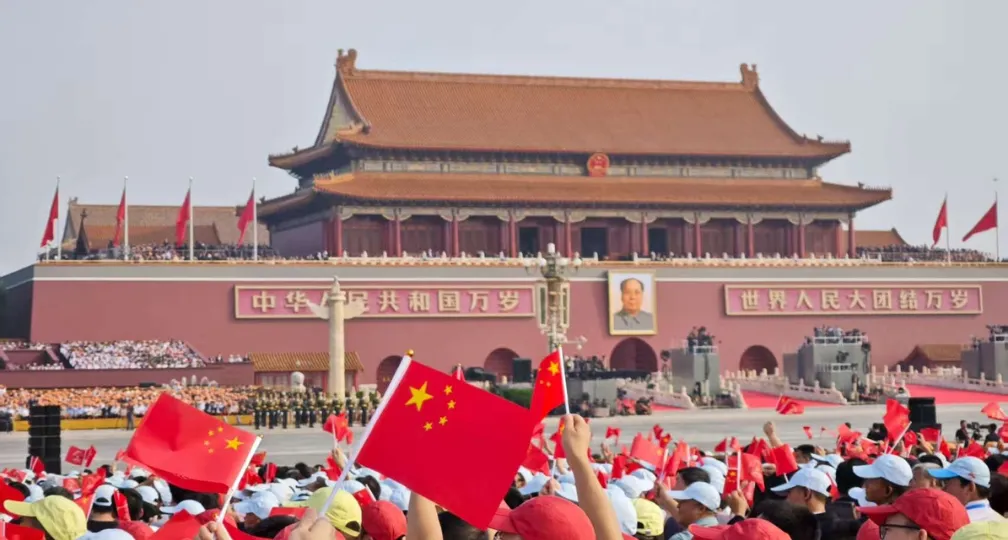Ahead of G7 Hiroshima summit, Japan should examine past contributions
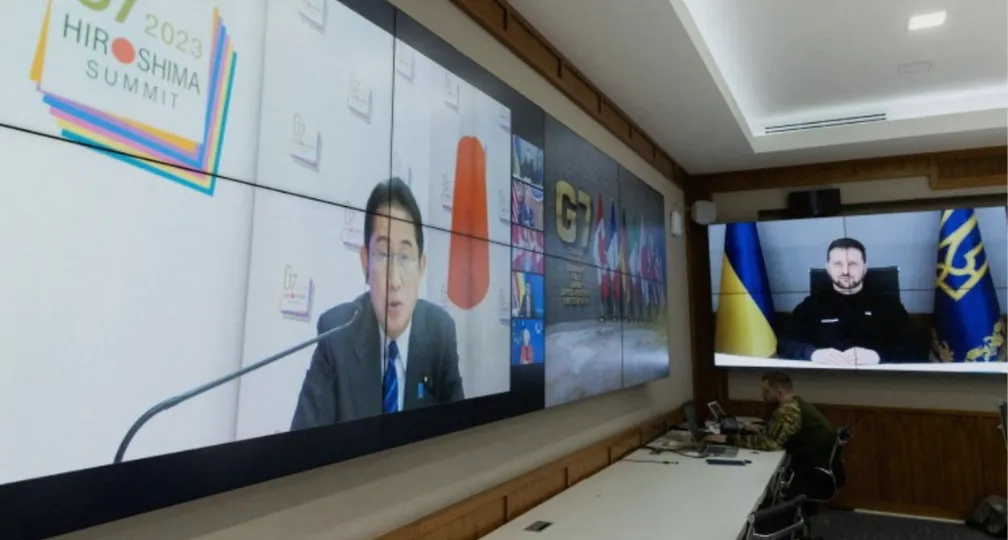
As chair of the G7 summit in Hiroshima in May, Japan must take a step forward from the path the G7 has taken as an economic summit toward making specific contributions to global security by cooperating with NATO while involving the so-called Global South — a loose grouping of countries in Africa and Latin America, and the developing countries of Asia.
G7 as an economic summit
The first G6 summit took place in November 1975 at the Chateau de Rambouillet on the outskirts of Paris.
The meeting was held to help cope with the economic crises of the time, including the 1971 Nixon shock — U.S. President Richard Nixon’s announcement of ending the Bretton Woods system of fixed exchange rates — and the first oil crisis in 1973.
The participating countries were France, which proposed the meeting, as well as the United States, the United Kingdom, Germany and Japan — members of the Group of Five finance ministers’ meeting — plus Italy, with the host of the summit rotated annually in that order.
The U.S. demanded that Canada be allowed to take part as well if Italy was joining, and the framework became the G7 in 1976.
The G7 summit meetings are not stipulated in a treaty and there is no permanent secretariat, as members take turns each year to host the meeting. The statements released at the end of summits are nonbinding.
Former diplomat Kazuo Ogoura emphasized in an article in 2009 that the G7 has been valued as a place for leaders of Western countries that share common values to meet informally behind closed doors with a minimum number of aides accompanying them and to frankly discuss pressing issues and reach a common recognition.
Ryo Oshiba — a Japanese academic who covers international relations — in his 2013 book “Japan’s Diplomacy Vol. 5,” described the G7 as a place for Western countries to collectively support the U.S., whose economic hegemony was in decline, and to coordinate the policies of international economy.
The European Commission joined the London G7 Summit in May 1977, and the heads of state and government decided that the meetings should be held on a regular basis. The G7 has played the role of reaching consensus and proposing the policies of global economic governance, including trade liberalization, deregulation, environmental protection and aid to developing countries.
Japan chaired and hosted the summit for the first time in June 1979 in Tokyo, immediately after the Tokyo round of the General Agreement on Tariffs and Trade was concluded.
Then-Prime Minister Masayoshi Ohira proposed steps to strengthen efforts to tackle the second oil crisis and the North-South problem — various problems relating to the economic and social development of developing countries. Since then, Japan has actively been exercising leadership as the only regular participant from Asia.
Japan’s exports to the U.S. and European countries had begun to create trade frictions, but the G7 meetings including Tokyo continued on a regular basis, as Japan itself had been part of the problems for the U.S. and Europe.
Focus on security
The G7, which started as an economic summit, gradually began adding security to its agenda in the late 1970s.
France set East-West trade as an agenda item in the first G6 summit and U.S. Secretary of State Henry Kissinger called for aid to developing countries to address the North-South problem. Both issues have become standard agenda items.
The issue of security was first discussed in January 1979, shortly before the Tokyo summit, at an ad-hoc meeting in Guadeloupe participated in by the U.S., the U.K., France and Germany.
The four countries came to a consensus on agenda items including the Iranian revolution, a military coup in Afghanistan, aid to Turkey, stabilization of the dollar and soaring oil prices. Such moves led to a feeling of exclusion by Japan, which was not invited to the meeting but was preparing similar agenda issues for the G7 Tokyo summit.
The Williamsburg summit held in the U.S. in 1983 took a step forward in discussing security issues. The G7 leaders agreed to oppose the Soviet Union’s deployment of medium-range nuclear missiles.
The Soviet Union was unable to keep up with the U.S. in their military expansion race, and both countries declared an end to the Cold War in December 1989. East Germany and West Germany were reunified in October 1990.
At the G7 summit held in July 1989 at the Grande Arche in Paris, the group condemned that year’s Tiananmen Square crackdown in Beijing as a violent repression ignoring human rights in their “Declaration on China.” The G7 Arch summit coincided with the commemoration of the French Revolution bicentennial, once more emphasizing the group’s shared values, while calling for nonproliferation of nuclear, biological and chemical weapons in a separate declaration.
The G7 Arch summit and its nonproliferation policy was followed up by the Houston summit in the U.S. in July 1990, the London summit in July 1991 and the Munich summit in July 1992, leading to a political declaration issued at the Tokyo summit in July 1993.
Japan under Prime Minister Kiichi Miyazawa, along with other G7 countries, urged North Korea to immediately retract its decision to withdraw from the Treaty on the Non-Proliferation of Nuclear Weapons (NPT), encouraged former Soviet Union states to abandon nuclear weapons and demanded that Ukraine and Kazakhstan accede to the NPT as non-nuclear states.
Facing Russia’s war in Ukraine since February 2022, it is vital to question the role played by the G7 summits in members’ relations with Russia.
The G8 and its failure
Immediately after the London summit in 1991, G7 heads met Soviet leader Mikhail Gorbachev, and they met Russian President Boris Yeltsin after the Munich summit the following year. The U.S. and European countries took the lead in letting Russia join the G7.
Russia participated in a G7 meeting for the first time in June 1997 when Yeltsin took part in the Denver G7 summit in the U.S. The forum became the G8 meeting from the Birmingham summit in the U.K., held in May 1998.
Japan did not play a prominent role in accommodating Russia into the group, but instead contributed to supporting Central and Eastern European countries through the European Bank for Reconstruction and Development following the end of the Cold War.
As countries like Poland and Hungary which were freed from Soviet influence liberalized their markets, privatized state-owned enterprises and conducted democratic reforms, Japan put together an agreement at the 1993 Tokyo summit to support the reform of former Soviet states.
Japan became the second largest donor to such states, having contributed a total of €4.04 billion by 2017. The G7 has constantly been committed to sharing common values, including freedom and democracy, and assisted other nations’ prosperity and stability based on these values.
Many expected Russia to uphold the most fundamental values that have been shared among G7 members since the group’s establishment, such as democracy, freedom, the rule of law and human rights.
Russia joined the World Trade Organization in August 2012, and companies from Japan, the U.S. and Europe rushed to the Russian market.
However, in March 2014, a referendum was suddenly held in Crimea on becoming independent from Ukraine, and Russia immediately annexed the peninsula without military intervention.
Russia was scheduled to chair the G8 summit in June 2014 in Sochi, Russia, where the Winter Olympics were held in February the same year. Contrary to respecting the values shared within the G8, Moscow took actions based on its own geoeconomic ambitions.
Such a blatant challenge by Moscow came as a wake-up call to the group’s other members, which had been eagerly awaiting Russian reform.
U.K. Prime Minister David Cameron, who had chaired the G8 summit in Lough Erne in Northern Ireland the previous year, announced in March 2014 that the summit meeting would not be held in Russia. The summit, involving seven countries without Russia, was held in Brussels in June 2014 and the forum returned to being the G7.
In the declaration issued at the G7 Brussels summit, the leaders condemned Russia’s continuing violation of the sovereignty and the territorial integrity of Ukraine and stated that they stood ready to intensify targeted sanctions against Russia.
At the G7 Elmau summit in Germany in June 2015, the group described itself as “a community founded on shared responsibility and common values,” and the leaders reiterated their condemnation of Russia’s illegal annexation of Crimea.
The Crimea case revealed the fact that the G7’s sharing of common values is not necessarily extended and accepted globally.
The incident made the G7 remind itself of its raison d’etre of shared values and take a new step toward achieving security — the indispensable factor in upholding fundamental values.
The G7’s ‘revival’
The G7’s decline became more evident in 2018 as U.S. President Donald Trump sided with Russia.
At the Charlevoix summit in Canada in June 2018, Trump outlined to other G7 leaders his view that Crimea is part of Russia and that the forum should return to being the G8 including Moscow. Italy agreed to Trump’s call.
The unity of the G7 was threatened, making members less able to propose global rules and play a leadership role.
In the communique issued after the summit, the G7 leaders’ condemnation of Russia, which had been reiterated since 2014, was toned down, but still stated that leaders were committed to promoting a rules-based international order, continuing fighting protectionism and fostering a truly level playing field.
Trump, who initially appeared to have agreed to the communique at the meeting, suddenly tweeted after leaving Canada early that he had told his representatives not to sign it, revealing discord and disarray among G7 leaders.
In addition to the COVID-19 pandemic and the change of administration in the U.S., what caused the reversal of the G7’s decline was Russia’s invasion of Ukraine on Feb. 24, 2022.
On the same day, G7 leaders held an online meeting in response to a call by Germany, the group’s chair at the time, and issued a statement condemning the military aggression by Russia against the sovereignty and independence of Ukraine, saying it constituted a serious violation of international law and a grave breach of the United Nations Charter and was a serious threat to the rules-based international order.
The G7 countries agreed on imposing sanctions on Russia to diminish its ability to continue its warfare, and to immediately put them into practice.
At the Elmau summit in Germany in June 2022, the G7 leaders discussed such issues as the Ukraine situation, the global economy, investments in high-quality infrastructure in developing countries, security in the Indo-Pacific region including China and North Korea, food security, gender equality and rules on digital economy.
Four countries from the Group of 20 (G20) — India, Indonesia, South Africa and Argentina — as well as Senegal were invited as outreach guests to discuss climate change, energy and health.
Immediately afterward, all of the G7 leaders traveled to Madrid to attend a NATO summit which was scheduled back-to-back with the G7 event.
Prime Minister Fumio Kishida, who became the first Japanese prime minister to attend a NATO summit, discussed with other leaders the situation in Ukraine and cooperation with NATO regarding security in the Indo-Pacific region.
Support for Ukraine was also on the agenda at the Brussels G7 summit held in March 2022. NATO and the European Union also held their summits in the Belgian capital, and G7 leaders including Kishida exchanged opinions with NATO Secretary-General Jens Stoltenberg.
As a result, NATO’s new Strategic Concept, endorsed at its Madrid summit in June, identified Russia as the most significant and direct threat to the alliance and made the first ever reference to China as a systemic challenge.
Following the Ukraine crisis, the G7 boosted cooperation with NATO and consequently strengthened consensus-building with partner countries outside the G7 in terms of security.
Kishida’s warning — “Ukraine today may be East Asia tomorrow” — became a common recognition among G7 and NATO countries.
Once shaken by Russia’s participation in the G8, the G7 is gradually reviving its leadership since excluding Russia.
Involving the Global South
In order to strengthen support for Ukraine while increasing the effectiveness of sanctions on Russia, it is crucial for the G7 to not only enhance cooperation with NATO but also reach out to the Global South.
On Feb. 24, a year after Russia’s invasion of Ukraine, Kishida hosted an online G7 summit meeting, inviting Ukrainian President Volodymyr Zelenskyy, to discuss providing assistance to the war-torn country.
At the meeting, Kishida stressed that the G7 needs to continue working together in imposing costs on Russia through sanctions, and assisting Ukraine and its neighboring countries, while stating that Russia’s threats regarding nuclear weapons are absolutely unacceptable and emphasizing the importance of engagement with the Global South, especially India, which holds the G20 presidency for 2023.
We must note that the G20 and the Global South are not necessarily unified, nor does the former fully represent the latter.
On Feb. 23, the U.N. General Assembly adopted a resolution demanding Russia immediately withdraw its military forces from Ukraine, with 141 members in favor and seven against.
While India attracted media attention as one of 32 abstentions along with other G20 countries such as China and South Africa, the abstentions included only three — Brunei, Laos and Vietnam — of the 10 members of the Association of Southeast Asian Nations (ASEAN), which indicates the majority of the ASEAN countries firmly support rules-based international order.
Leading U.S. think tank Council on Foreign Relations said in its report “The G7, NATO, and the Future of the West” published before the Elmau summit in June 2022 that the priority should be to signal the West’s determination to defend the rules-based international system against Moscow’s aggression, and this is more likely to gather support globally if it is framed as a defense of the U.N. Charter principles of sovereignty and nonintervention, rather than as a clash between the forces of autocracy and democracy.
Japan has been gaining an increasing say in the G7 with regard to security and has constantly worked to provide assistance to developing countries, including Central and Eastern European nations, since the end of the Cold War. It should play roles in issues it excels in.
On March 15, Ukraine’s Deputy Defense Minister Volodymyr Havrylov, during his visit to the Defense Security Equipment International Japan 2023 trade fair held at Makuhari Messe in Chiba, said in an interview with TV Tokyo that he has expectations for Japan’s contributions to removing unexploded shells and landmines, an area in which the country has accumulated experience.
At the upcoming G7 summit in Hiroshima, Japan should come up with such concrete support for Ukraine that will bring together G20 countries aside from China and Russia, as well as the Global South countries outside the G20.
(Photo Credit: Ukrainian Presidential Press Service / Reuters / Aflo)

Geoeconomic Briefing
Geoeconomic Briefing is a series featuring researchers at the IOG focused on Japan’s challenges in that field. It also provides analyses of the state of the world and trade risks, as well as technological and industrial structures (Editor-in-chief: Dr. Kazuto Suzuki, Director, Institute of Geoeconomics (IOG); Professor, The University of Tokyo).
Disclaimer: The opinions expressed in Geoeconomic Briefing do not necessarily reflect those of the International House of Japan, Asia Pacific Initiative (API), the Institute of Geoeconomics (IOG) or any other organizations to which the author belongs.
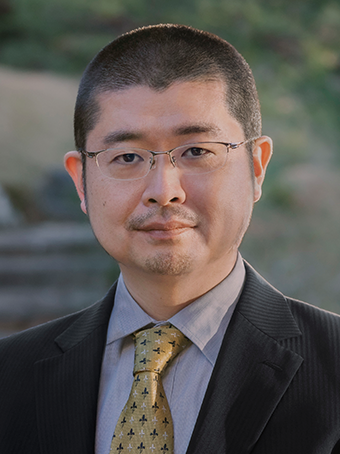

Senior Research Fellow,
COO, LLC future mobiliTy research
SUZUKI Hitoshi (PhD) was Associate Professor at the Graduate School of International Studies and Regional Development, University of Niigata Prefecture, Japan. He received his Ph.D. in History and Civilization from the European University Institute in December 2007 and has focused on Japan’s relations with the EC/EU, as well as Japan’s auto and aero-space industry in Europe. He was visiting fellow at the Monash European and EU Centre, the London School of Economics and Political Science, and was Deputy Director of the Economic Partnership Agreement Division of the Ministry of Foreign Affairs Japan. As of December 2021, he serves as a Visiting Fellow & Staff Director, CPTPP Project, Asia Pacific Initiative. His publications include Thatcher and Nissan Revisited in the Wake of Brexit (Palgrave Macmillan), “The New Politics of Trade: EU-Japan” Journal of European Integration 39(7), “Post-Brexit Britain, the EU and Japan” Europe and the World 4(1), and Suzuki et.al. “Japan and the European Union,” Oxford Encyclopedia of European Union Politics
View Profile-
 Takaichi’s Strengths and the Need for ‘Strategic Signaling’2026.01.23
Takaichi’s Strengths and the Need for ‘Strategic Signaling’2026.01.23 -
 Takaichi’s Twin Challenges: Economic Growth and Security2026.01.13
Takaichi’s Twin Challenges: Economic Growth and Security2026.01.13 -
 It’s Now or Never: India’s Ambitious Reform Push2026.01.09
It’s Now or Never: India’s Ambitious Reform Push2026.01.09 -
 The Geoeconomics of Gen AI: Middle Power Strategies on Digital Sovereignty2026.01.09
The Geoeconomics of Gen AI: Middle Power Strategies on Digital Sovereignty2026.01.09 -
 Oil, Debt, and Dollars: The Geoeconomics of Venezuela2026.01.07
Oil, Debt, and Dollars: The Geoeconomics of Venezuela2026.01.07
 Oil, Debt, and Dollars: The Geoeconomics of Venezuela2026.01.07
Oil, Debt, and Dollars: The Geoeconomics of Venezuela2026.01.07 It’s Now or Never: India’s Ambitious Reform Push2026.01.09
It’s Now or Never: India’s Ambitious Reform Push2026.01.09 The “Economic Security is National Security” Strategy2025.12.09
The “Economic Security is National Security” Strategy2025.12.09 Navigating Uncertainty in U.S. Space Policy: Decoding Elon Musk’s Influence2025.04.09
Navigating Uncertainty in U.S. Space Policy: Decoding Elon Musk’s Influence2025.04.09 Analysis: Ready for a (Tariff) Refund?2025.12.24
Analysis: Ready for a (Tariff) Refund?2025.12.24


